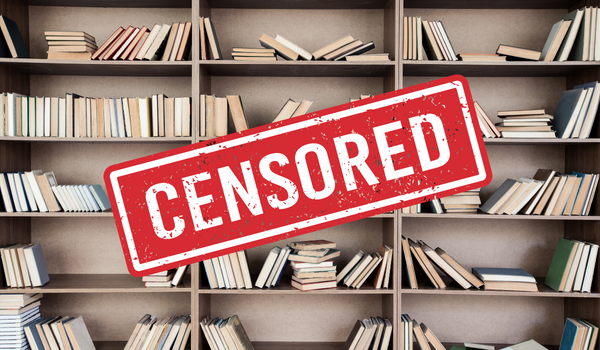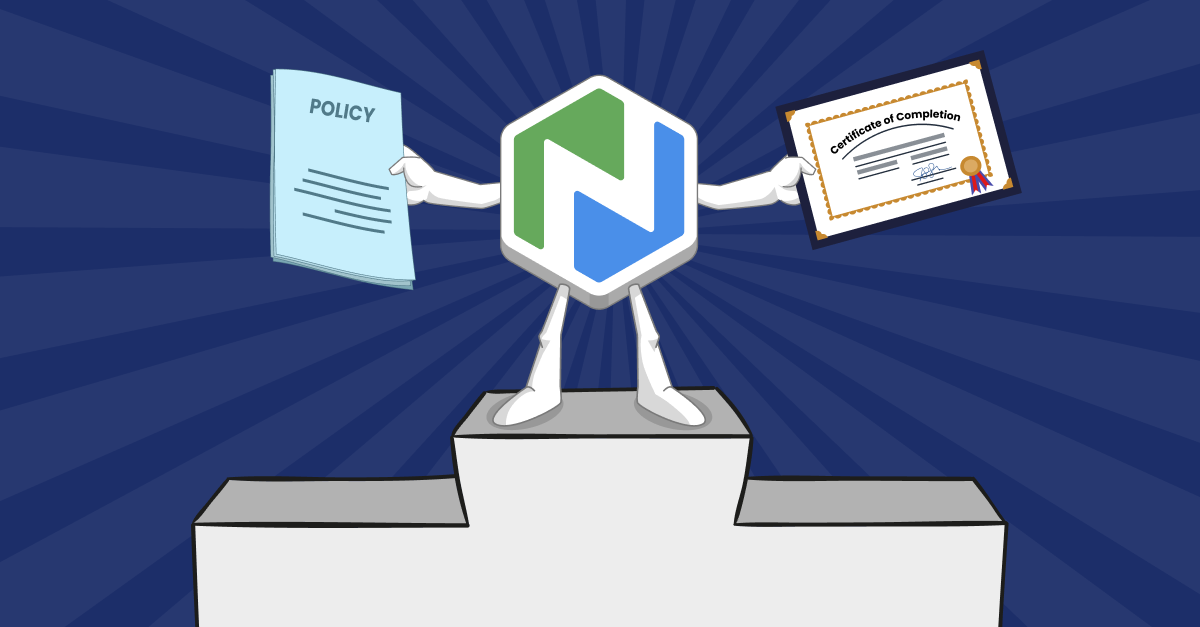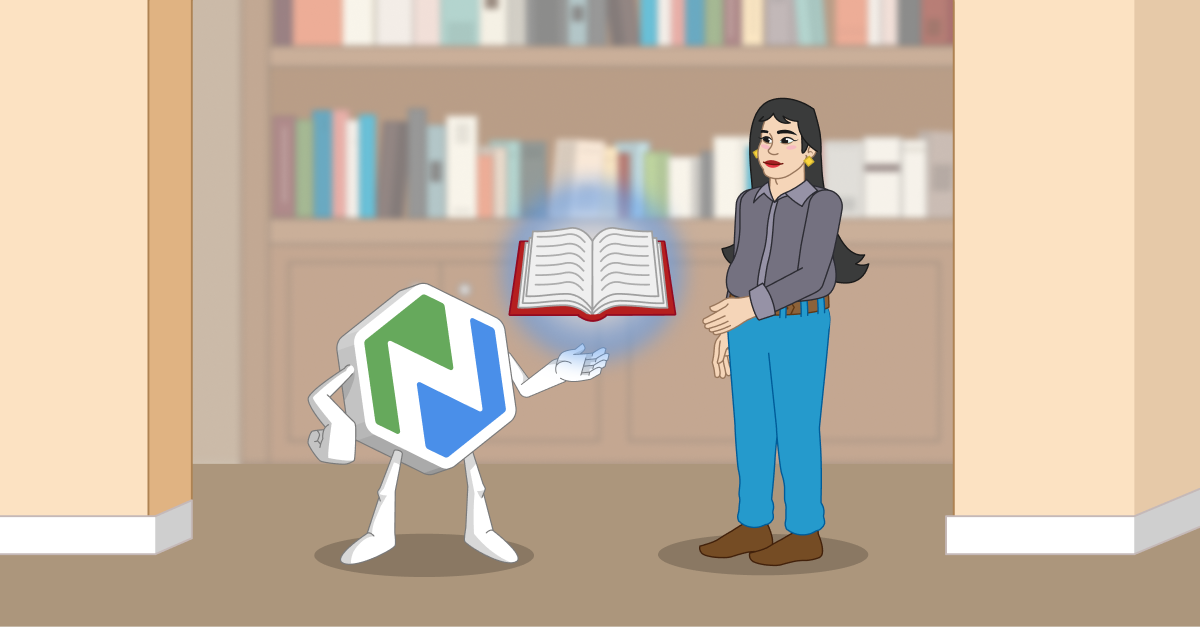Preparing for Censorship & Other Book Challenges
Visit the blog for five practical tips for preparing for book challenges, including censorship, patron complaints, and more.

In late 2022, Publisher’s Weekly named their People of the Year—The Defenders. This extraordinary group of librarians, booksellers, authors, publishers, and advocates stood against the rising tide of censorship and book banning in communities across the country.
“Rising tide” is an understatement. In 2021 the ALA reported 729 challenges—the highest number ever in the 20 years they’ve been collecting statistics on attempts to ban or restrict library materials. And the trend doesn’t show signs of slowing. Eight months into 2022, over 680 challenges had been reported, mostly on books by or about Black and LGBTIQ+ people. I haven’t seen the final statistics, but I won’t be surprised if book-banning attempts in 2022 blow past the 2021 record.
Publisher’s Weekly may have highlighted specific defenders, but they represent the many library staff and supporters across America who are contending with challenges. Schools and public libraries have long dealt with attempts to restrict or remove material. But now we’re seeing academic libraries face challenges too. And where many past challenges came from upset patrons who wanted to talk with a librarian, this new crop of censorship attempts is well-organized, well-funded, and may even come from outside your community.
The best way to deal with a challenge is to prepare for it before it happens. Here are a few tips:
Support Staff Members
Front desk employees may be the first to hear about challenges. They may get calls, emails, or in-person complaints about books, displays, or programs. Make sure they’re trained to work with people who are upset; sometimes, people just want the library to listen to their complaints. But front desk employees don’t have to—and shouldn’t—respond to challenges on their own. Have a referral system in place so they can pass complaints on to the director or someone else in the building who can discuss the issue.
Review Your Policies and Procedures
Policies can be a drag to write and revise, but they’re your best defense against book challenges. They’ll be the roadmap through the complaint process, so they should be crystal clear. Keep them up to date and make them public so everyone can access the same information. And be sure they include comprehensive reconsideration forms for books, programs, and exhibits.
Train the Board
If front-line staff are the first to hear about book challenges, the board may be the last. In some libraries, complaints about materials, exhibits, programs, or displays go straight to the board. But in others, the board only gets involved if challenges aren’t resolved between the patron and the director. In either situation, make sure your board knows collection development and reconsideration policies inside out. But more importantly, they should have a solid understanding of and commitment to intellectual freedom and the First Amendment, so they know what they’re defending—and why.
Get Support
When I was a public librarian, I had one complaint about an item. It never rose to the level of a challenge, but if it had, I knew I had the support of the director, assistant director, and other department heads. Challenges are stressful for everyone involved. Reaching out to the ALA, your state library, and other librarians in your region can help you prepare and process. If you’re a manager, check in with staff to be sure they’re not burned out or overwhelmed.
Report Challenges
Those 729 challenges in 2021? They’re probably a drop in the bucket. Many others were likely handled within the library and not reported to the ALA. But the ALA uses those stats to stay aware of challenges, support library staff, and raise public awareness. Their confidential form lets you quickly and easily report challenges and other privacy and intellectual freedom issues. The more everyone knows about challenges, the more we can prepare.
At Niche Academy, we know libraries. We love libraries. We use libraries. And we believe in libraries. We’ve created tutorials to help library staff and board members prepare for challenges before they happen. They contain information and activities to walk you through the process of preparing policies, procedures, and staff for challenges. Building skills and confidence will help you ensure that everyone in your community has the freedom to read.
.png)
.png)
.png)

.png)
.png)
.png)

.png)
.png)

.png)